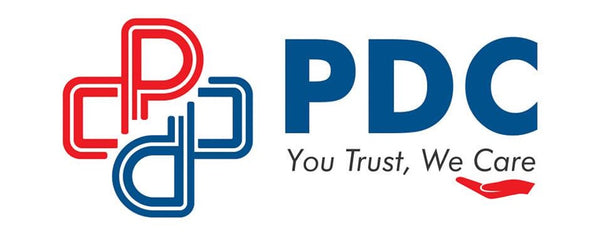Clinical Pathology and Serology
Pathology means the study of disease and its causes and progression. While clinical pathology means the diagnosis of disease using laboratory testing. Clinical Pathology tests cover blood tests, and tests on urine, stools (faeces) and bodily tissues. In our clinical pathology section we provide services of full blood count, liver function tests, iron and ions studies, blood gaseous studies, Thyroid stimulating hormone (TSH) quantification, Urine Analysis, International Normalise ratio (NRI) through, blood, urine and stool samples.
Serology is the scientific study of blood serum. In clinical diagnostics it refers to the diagnostics based on antibodies in the serum. Antibodies are protein subunits formed in our body in response to infections (microorganisms, foreign proteins or own proteins in case of autoimmune diseases. Serology blood tests help to diagnose patients with certain immune deficiencies associated with the lack of antibodies, such as X-linked agammaglobulinemia. In such cases, tests for antibodies will be consistently negative. There are several serology techniques that can be used depending on the antibodies being studied. These include agglutination, precipitation, complement-fixation and fluorescent antibodies. Some serological tests are not limited to blood serum, but can also be performed on other bodily fluids such as semen and saliva, which have (roughly) similar properties to serum. OneCare diagnostics provides a range of antibodies screening for diagnosis of various infections and autoimmune diseases.
